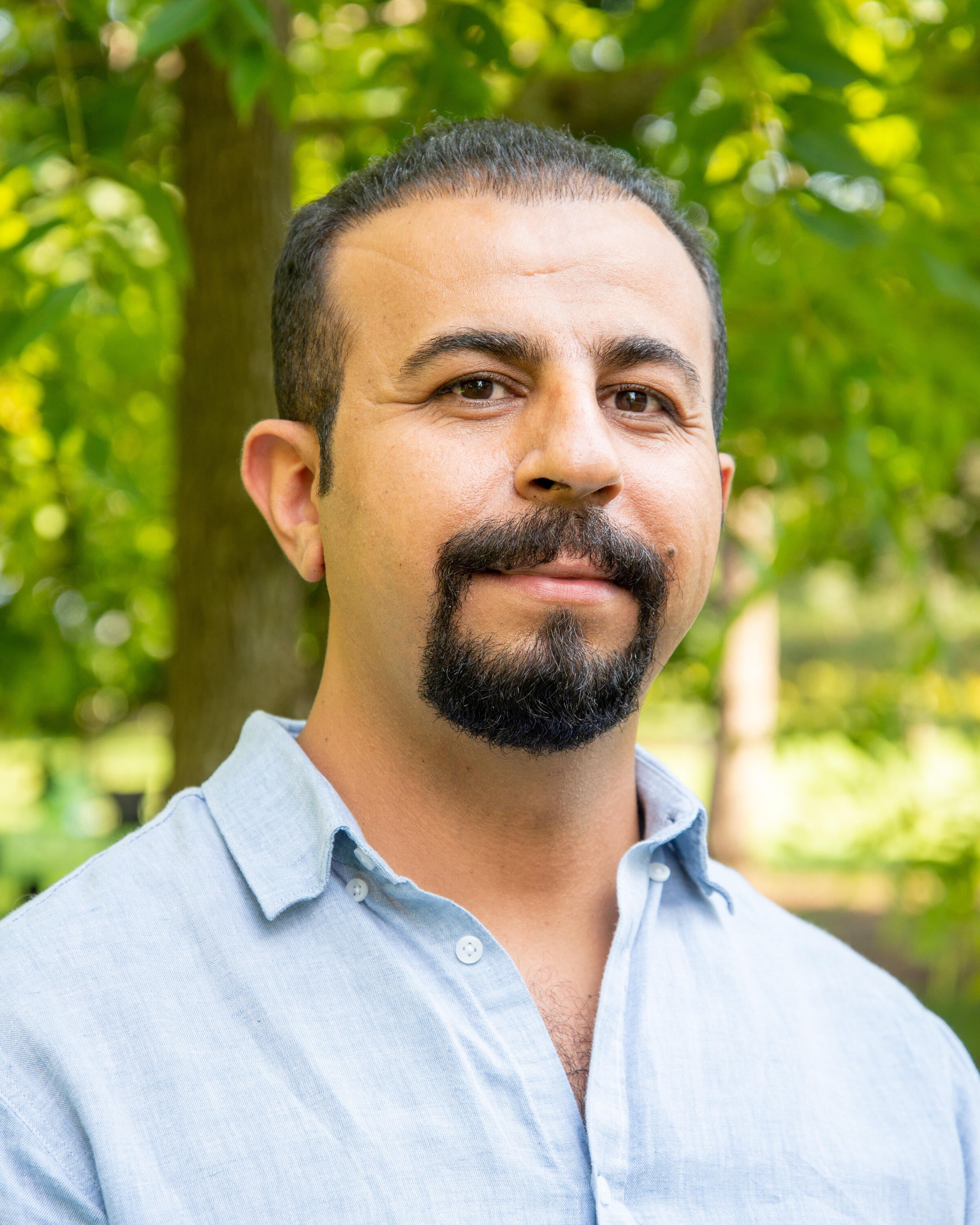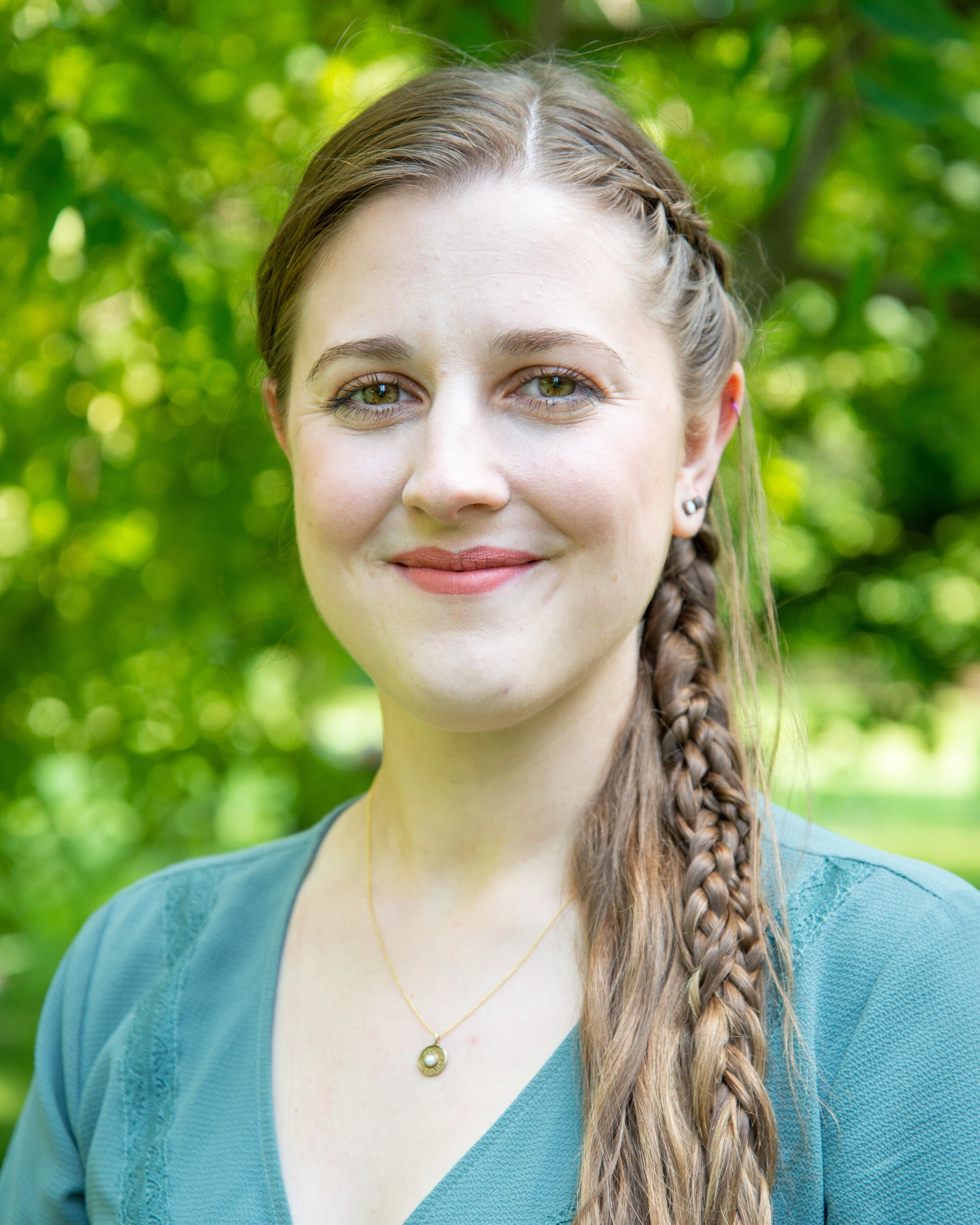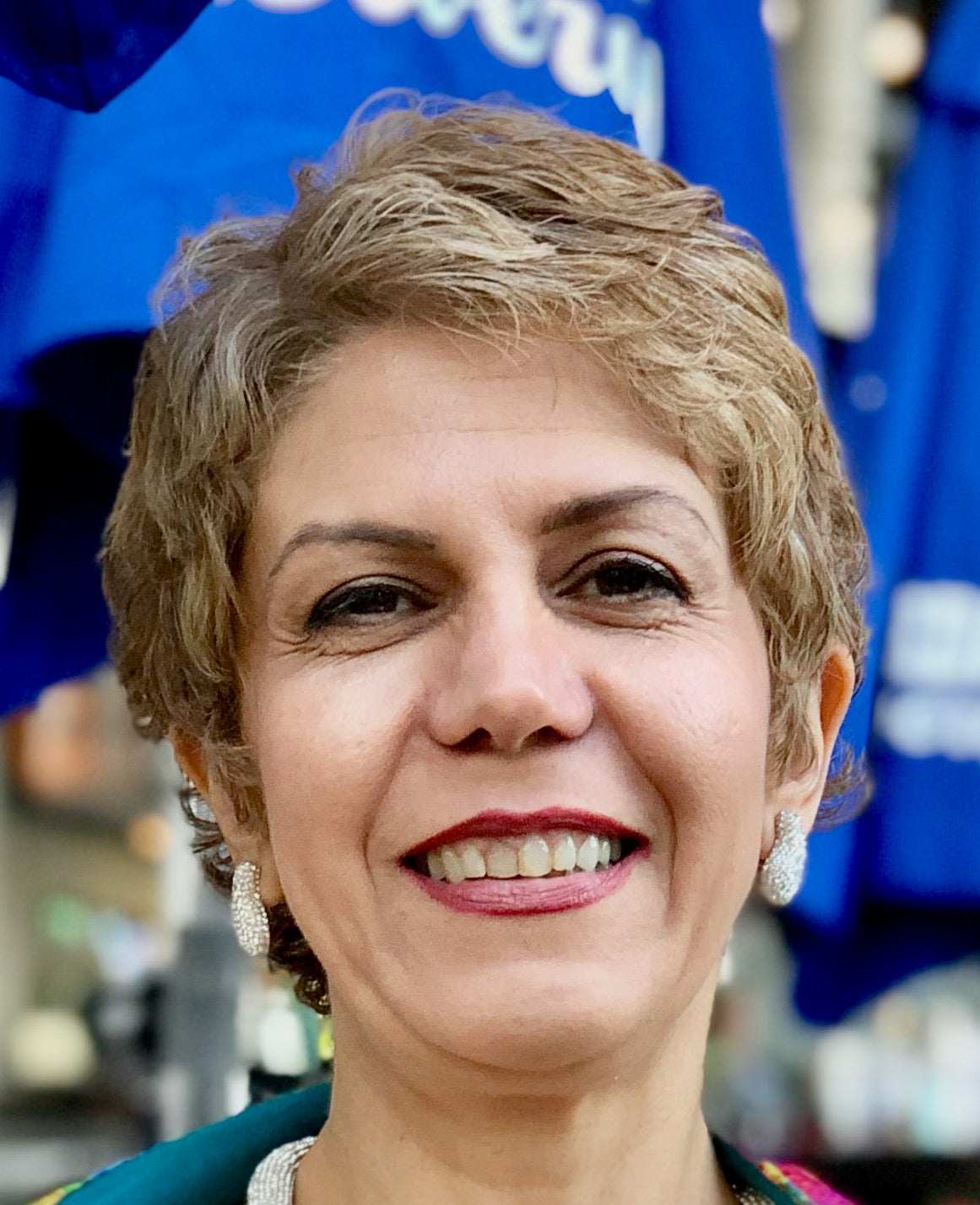MPACS is based out of a smaller university college within the University of Waterloo that encourages a deeply immersive and engaged experience that is all encompassing, potentially transformative and of enormous value. Students get to take part in courses with small class sizes that provide a greater opportunity to participate and connect with professors and classmates alike. Quality teaching is an institutional priority, and the MPACS program recognizes the importance of fostering relationships between students and their professors. Staff and faculty within the MPACS program and greater community offer ready support to students, both personally and professionally.
Students within the MPACS program come from a vast range of backgrounds and experiences from across Canada and the globe. This diversity among students means that all of our students have the opportunity to engage in dynamic discussions around conflict resolution, social justice issues, global affairs, personal implications with their classmates who have different passions and interests. This setting presents a genuine community that students themselves help to build.
Rebaz Mohammed

“I chose Conrad Grebel for two reasons: one of them is that an organization that I’m a member of, Community Peacemaker Teams (formerly Christian Peacemaker Teams), is connected to Conrad Grebel, and their work is rooted in similar philosophies” shared Rebaz. “And the second reason was that Conrad Grebel is the oldest peace and conflict studies program in the country.” Rebaz is currently in his second term in the MPACS program and said the first term was quite challenging as he had to unlearn his ways of thinking and working. However, he embraced the changes as they allowed him the opportunity to grow and improve.
Rebaz also became involved in student leadership when he was elected as the MPACS Student Society President for 2022. “I feel tremendously honoured and humbled at the same time, as everyone in the program is as qualified, if not more, for this role as I am,” he acknowledged.
After graduation, Rebaz wants to focus on the connection between climate change and displacement, two areas he is immensely passionate about. By combining his lived experience and skills gained through the MPACS program, Rebaz plans to work on the issues in both a global and local context. “I want to conduct practice-based research on climate change in the Middle East and North Africa (MENA) Region, developing meaningful policies to address how it affects disadvantaged communities and causes displacement,” he explained.
“It has been a fulfilling journey so far,” Rebaz reflected. “Learning not only from the professors, but also from my fellow students who bring a wealth of experiences and different worldviews and theories.”
Alley McDonald

Alley was familiar with Grebel because she had completed her undergraduate degree at the University of Waterloo with a joint major in Peace and Conflict Studies and Sexuality, Relationships, and Families and a minor in Women’s Studies, the former being based in the college. She had also completed the Conflict Management and Mediation Certificate, which is a professional development certificate at Grebel.
There were two main factors that drew Alley to the MPACS program. “A primary factor was the possibility to design the program to fit my needs: the opportunity to obtain an internship, choose elective courses, and develop a course to explore a topic of personal interest through directed readings,” Alley explained. “Another factor that drew me to this program was the close-knit supportive community that Conrad Grebel provides.”
“I have been able to further build my relationships by being a part of the MPACS Society in my role as VP of Events,” said Alley. “This position has been significant in allowing me to collaborate with others, and plan events that will allow the MPACS community to learn, network, and have fun together.” Being part of the MPACS community allowed Alley to make meaningful connections both personally and professionally. “It has been an incredible pleasure to meet and learn from all of my peers and professors, and seize opportunities to connect,” expressed Alley.
“My experience in the program so far has been gratifying,” reflected Alley. “For instance, I completed projects that have allowed me to apply my knowledge practically, such as developing a proposal for a social impact project to raise awareness around human trafficking.” After graduation, Alley hopes to receive her mediation accreditation and continue her journey learning about peace. “Ultimately, I am hoping to continue to build a life that creates peace within myself, and generates peace for others,” said Alley.
Fariba Atkin

“Early on in life, during the Iran-Iraq war (1980 to 1988), I witnessed and felt the devastation of losing our home and entire belongings because of an airstrike,” said Fariba. “While the experience was traumatic and painful, my heart gained more strength through love, compassion, and knowing that peace is a journey that starts from within.”
Seeking a new professional focus that could help unpack her personal experience of war, Fariba enrolled in the Master of Peace and Conflict Studies program at Conrad Grebel University College and the University of Waterloo. She was drawn to the interdisciplinary nature of the program and its focus on practical skills building. MPACS provides students with tools to understand sources of conflict, polarization, and systems of violence, as well as the knowledge to be self-reflective agents of peace.
Learning within the MPACS Community allowed Fariba to improve as a student and helped her understand the importance of support. “Very soon I realized that it is not just the breadth of material covered in the courses, but also the mentorship, and a kind-minded peer group that are helping me grow as a peacebuilder,” shared Fariba.
In the future, Fariba hopes to build a career in policy analysis and research.